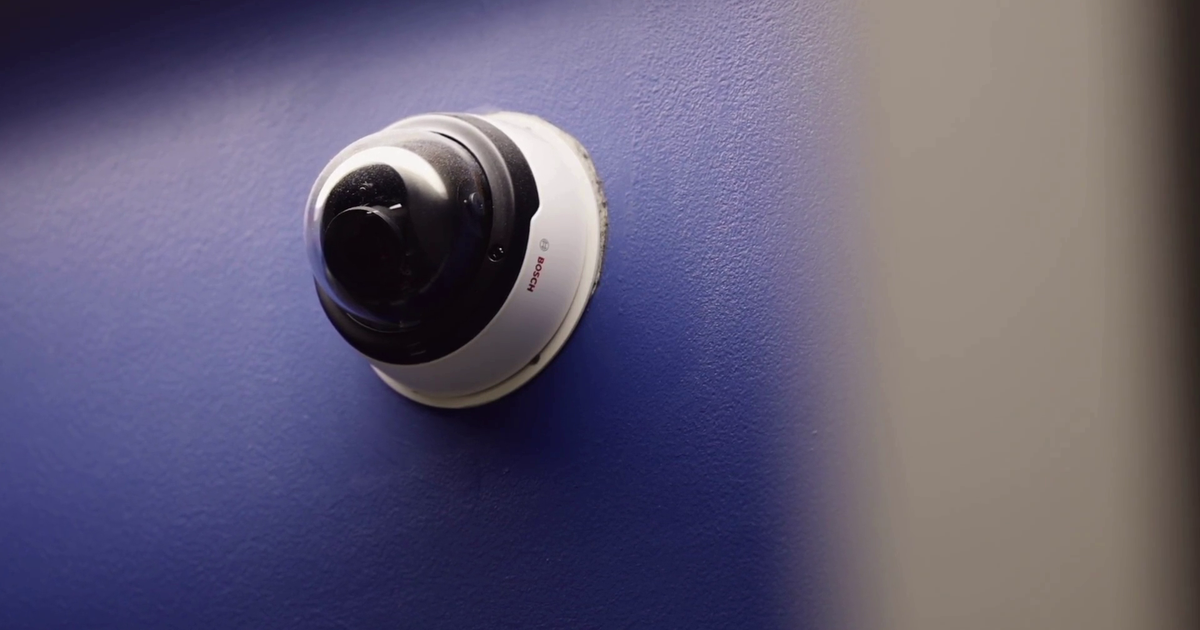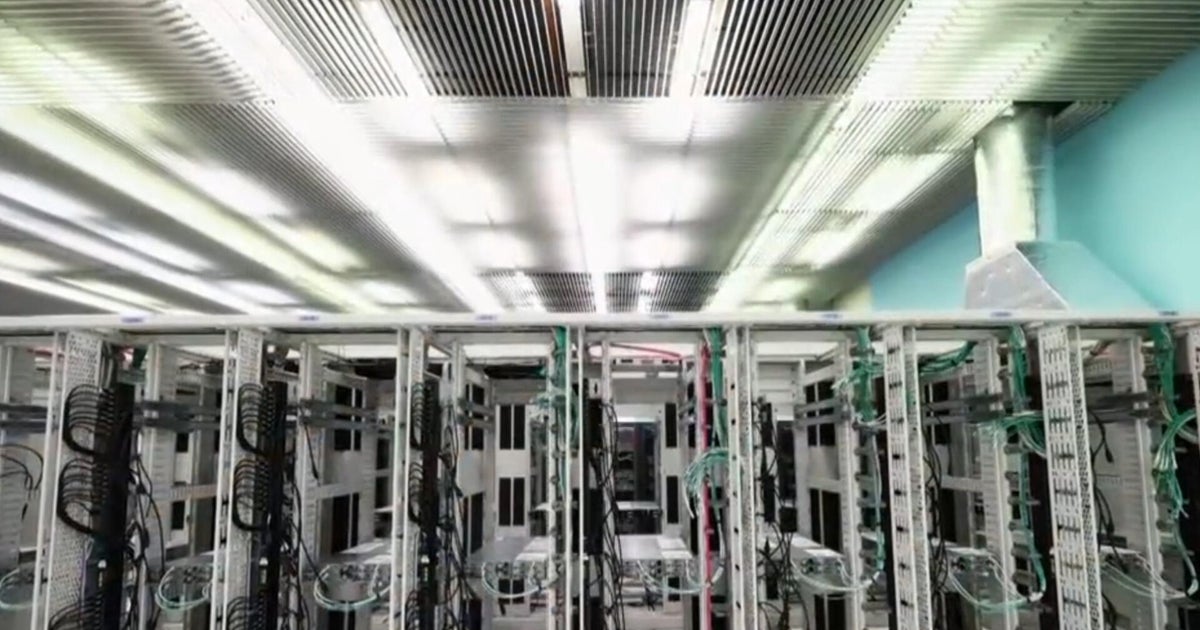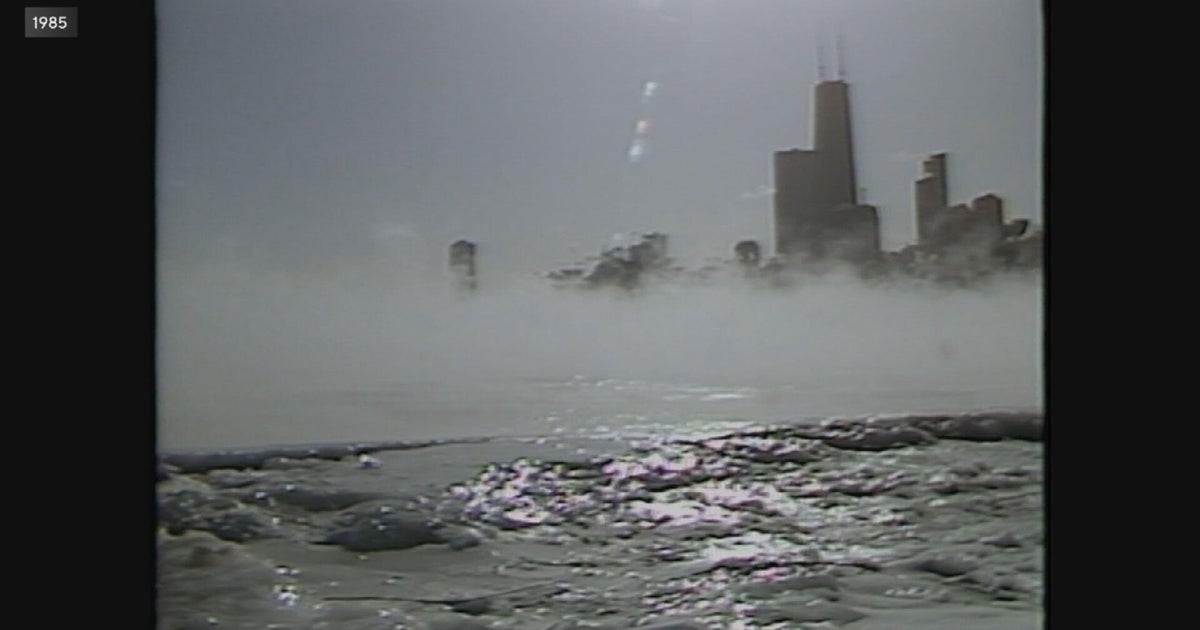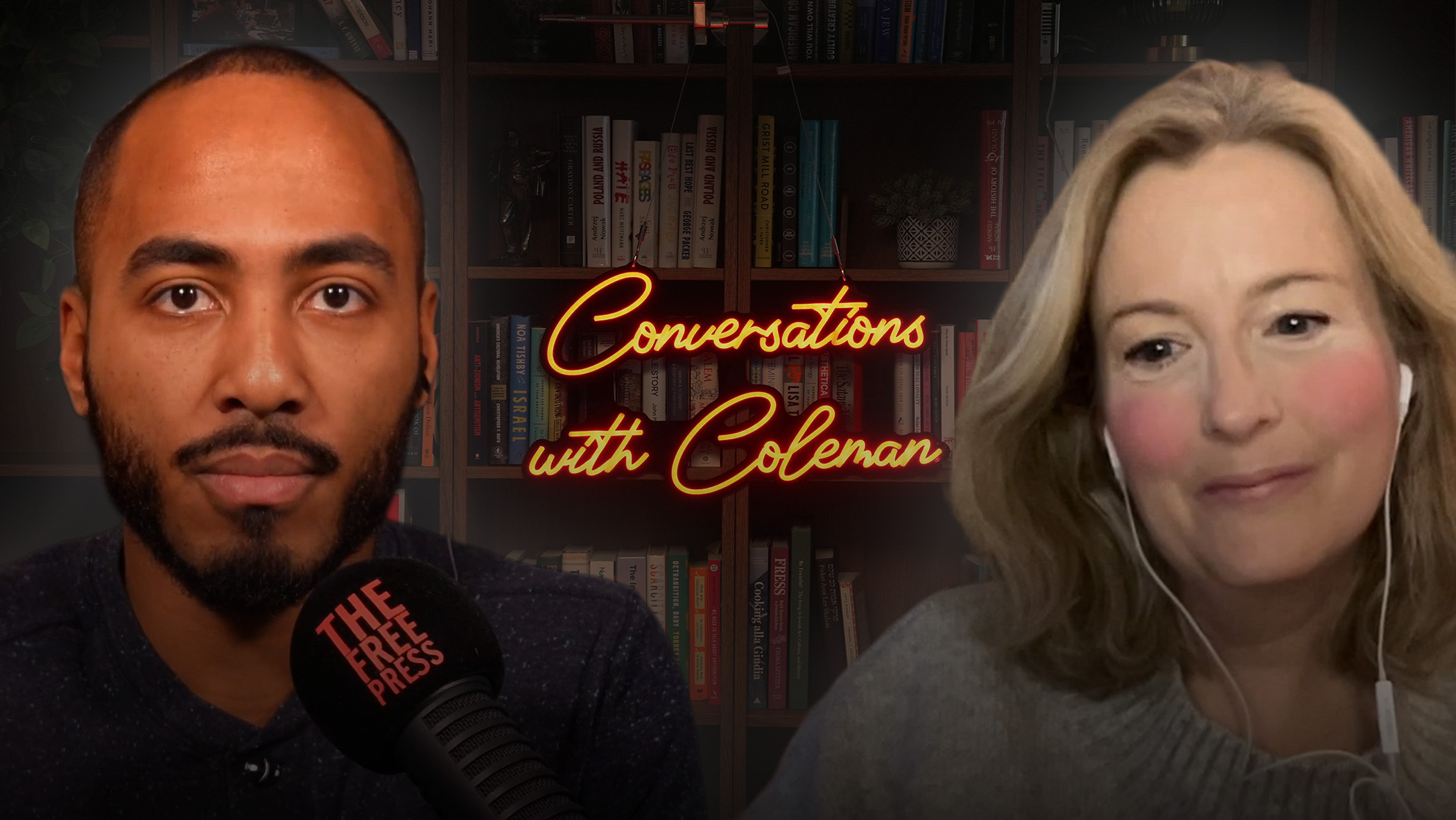State lawmakers across the U.S. wage war on science instruction
REVERB is a new documentary series from CBS Reports. Watch "The War on Science" in the video player above.
With the impact of warming temperatures and rising sea levels looming large on communities around the globe, it's more important than ever to ensure that students are knowledgeable about climate change and the science behind it. But state representatives around the country are introducing bills that would undermine educators' abilities to do that.
"Every year we see bills introduced in 10 or 12 states that would, in one way or another, encourage teachers or permit teachers to teach evolution or climate change inappropriately," said Ann Reid, executive director of the National Center for Science Education (NCSE). "We haven't seen a huge spike in that recently. It's pretty consistent that this comes up in 10 or 12 states every year."
According to NCSE, in 2019 over a dozen bills were introduced in 10 states. One proposed bill in Connecticut, introduced by Republican John Piscopo, has the specific goal of eliminating climate change teaching entirely from the science standards the state adopted in 2015. Most of the other bills cast a wider net, aiming to require teaching "both sides" of an argument with equal weight, even if one does not have the support of the scientific community behind it.
"The bills vary, but they generally have something to the effect of teachers should be encouraged to teach both sides of controversial areas of science, or teachers should be encouraged to teach critical thinking around controversial areas of science," said Reid. "Lately, the most recent iteration of this kind of bill, is teachers should have academic freedom to teach topics as they see fit.
"So, these bills very rarely pass. But I do think the fact that they're introduced at all, that they end up in the newspapers, that that people get interviewed about them, and then it's presented as a 'both sides' kind of issue, that can be hard for teachers. That can make it more challenging for them to teach these topics."
At its core, academic freedom protects the ability to teach, communicate and study ideas without fear of retaliation or job loss. But the "academic freedom" bills Reid refers to aim to protect and promote ideas that are not supported by scientific evidence or accepted by experts in the field, and encourage their dissemination in public school classrooms. Many times, those controversial ideas are underpinned by personal religious and political beliefs.
Sixth grade science teacher Melissa Lau, an NCSE Teacher Ambassador trained in climate and evolution curricula and science communications, has seen the impact in her home state of Oklahoma.
"Yeah, definitely their religion, their politics, especially with those two touchy subjects, they definitely do play a role, and it's difficult to have people separate those two worlds of politics and religion and science," she said.
Separating religion and education in public schools continues to be a source of contention. A bill that passed the Ohio state House in November 2019, for example, aims to allow public school students more freedom of religious expression. One of the provisions would prohibit public schools from "rewarding or penalizing a student based on the religious content of the student's homework, artwork, or other assignments." Advocates have raised concern that this could allow students to get away with answering questions incorrectly on assignments if they cited their religious beliefs, undermining the teaching of science in public schools.
Lau says she receives pushback from parents concerned about her lessons on climate change because of their personal beliefs. "They're just concerned that, you know, am I pushing an agenda? You know, it goes back to that whole religious and political entanglement, somehow climate change has gotten mixed up in all of that," she said. "Climate change can bring out some strong emotions in people, and so for the most part, they are just wanting to make sure that I have their child's best interest in mind."
She stresses, though, that religion should not be considered synonymous with anti-scientific beliefs. A 2015 Pew Research survey found that Christians hold a range of views on climate change, with white evangelicals the least likely to agree with the scientific consensus that human activity is warming the planet.
Lau said she knows from her own experience that an understanding of evidence-based scientific theory and religious beliefs can exist at the same time. "Just for me and my personal faith journey and professional journey, it took several years of 'how do I reconcile these two seemingly opposed entities in my brain and in my heart?' But right now, they're good. They can coexist," she said. "My science doesn't define my God, and my God does not define my science."
When it comes to the science classroom, Reid says only evidence-based science should be taught.
"The problem is when it's set up as 'both sides' — as if there are two scientific sides, when there aren't. That climate change, and human responsibility for climate change, is supported by vast amounts of evidence. It's the consensus of the scientific community," explains Reid. "...So saying we want to teach both sides — we want to teach the side that's supported by science and the side that's not supported by science — in a science classroom, just doesn't make any sense."






